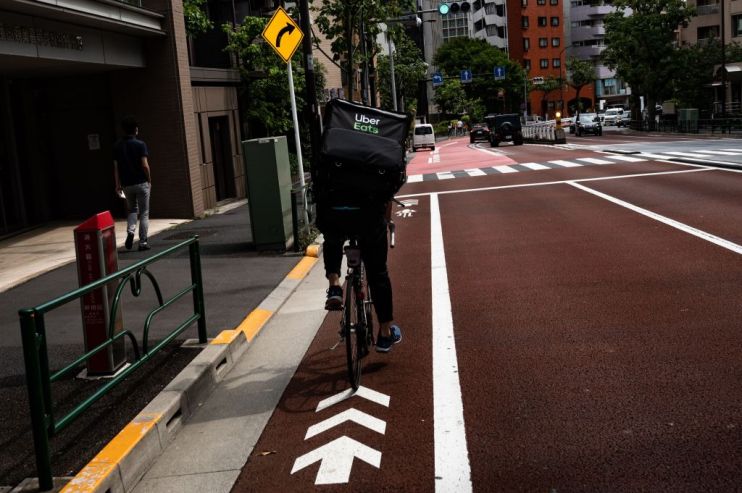Uber Eats, DoorDash, Grubhub sue New York City over caps on fees they can charge restaurants

A group of food delivery giants including Uber Eats, DoorDash and Grubhub have teamed together to sue the City of New York over legislation that would impose a permanent cap on the commissions they can charge restaurants.
The companies filed a lawsuit in federal court in New York late last night, seeking an injunction that would prevent the city from enforcing the new law, as well as unspecified monetary damages and a jury trial.
New York City Council approved a legislation last month that seeks to limit the amount that the apps can charge restaurants to 15 per cent of food orders for delivery services and 5 per cent for advertising and other non-delivery services.
Food delivery companies must also obtain operating licenses that are valid for two years, according to the new law.
“Those permanent price controls will harm not only Plaintiffs, but also the revitalization of the very local restaurants that the City claims to serve,” the companies said in the lawsuit.
They also argued the “extraordinary measure” was unconstitutional, as “it interferes with freely negotiated contracts between platforms and restaurants by changing and dictating the economic terms on which a dynamic industry operates.”
As a result of the new law, the companies warned they could have to rewrite their contracts with restaurants and raise fees for consumers. They also cautioned that it could harm delivery workers’ ability to make money.
“Restaurants pay app-based delivery companies for a variety of services through commissions, one of these being delivery services,” an anonymous courier said in the lawsuit against the city.
“Capping these commissions means less earnings for people like me. A commission cap could also mean delivery services get more expensive for the customers I deliver to, which ultimately means less orders for me.”
It comes after San Francisco also decided to introduce a permanent 15 percent cap on commissions, leading the delivery companies to sue there, as well.